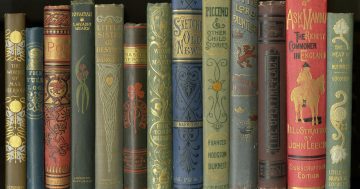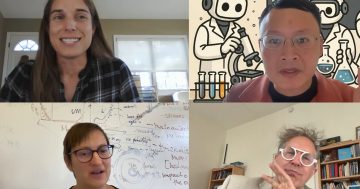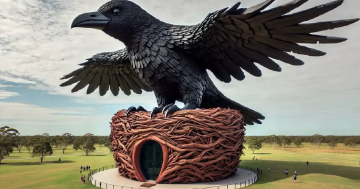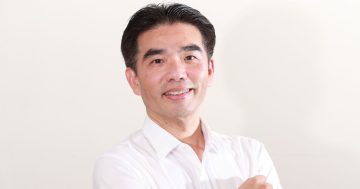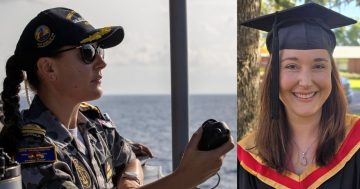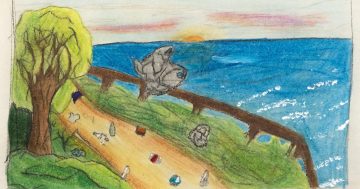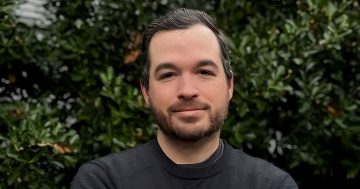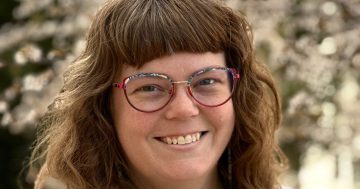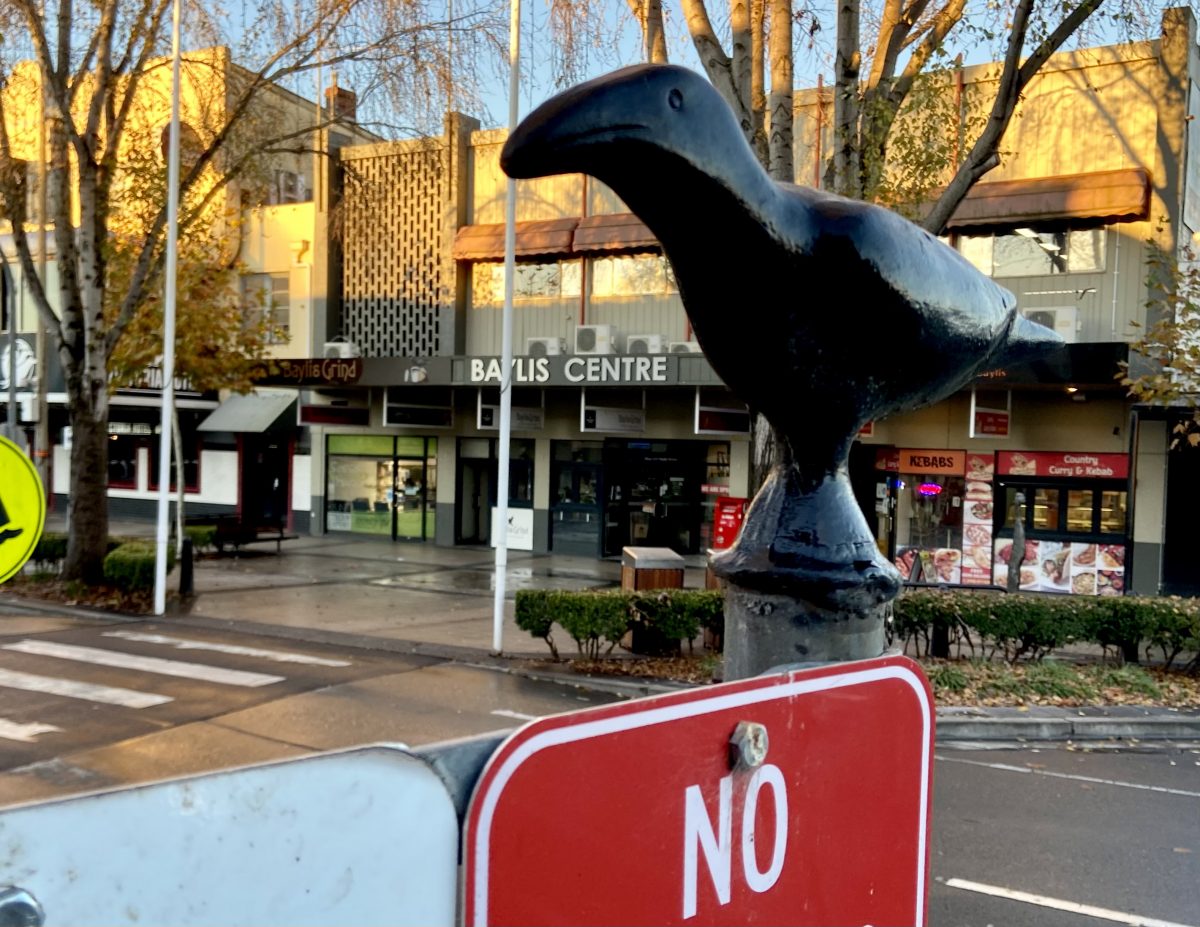
Wagga’s iconic crow stems from a translation error made by city founder Henry Baylis. Photo: Chris Roe.
It’s on the Wagga City Council’s logo, it’s been adopted as a sporting mascot and adorns the front of many of the city’s long-standing establishments – but the crow has nothing to do with the Indigenous name for our neck of the river.
Wiradjuri woman Susan Green is a professor in Indigenous Australian Studies at Charles Sturt University and says this is not news to the local Aboriginal community.
“It’s been something that Wiradjuri people have been saying for a couple of generations now. It’s just no one was listening,” she says.
Since colonisation, it was believed among the settler communities that Wagga Wagga meant “place of many crows”. But in 2019, as the council rolled out the city’s first Reconciliation Action Plan, the decision was made to heed expert advice and revise the official meaning to “many dances and celebrations”.
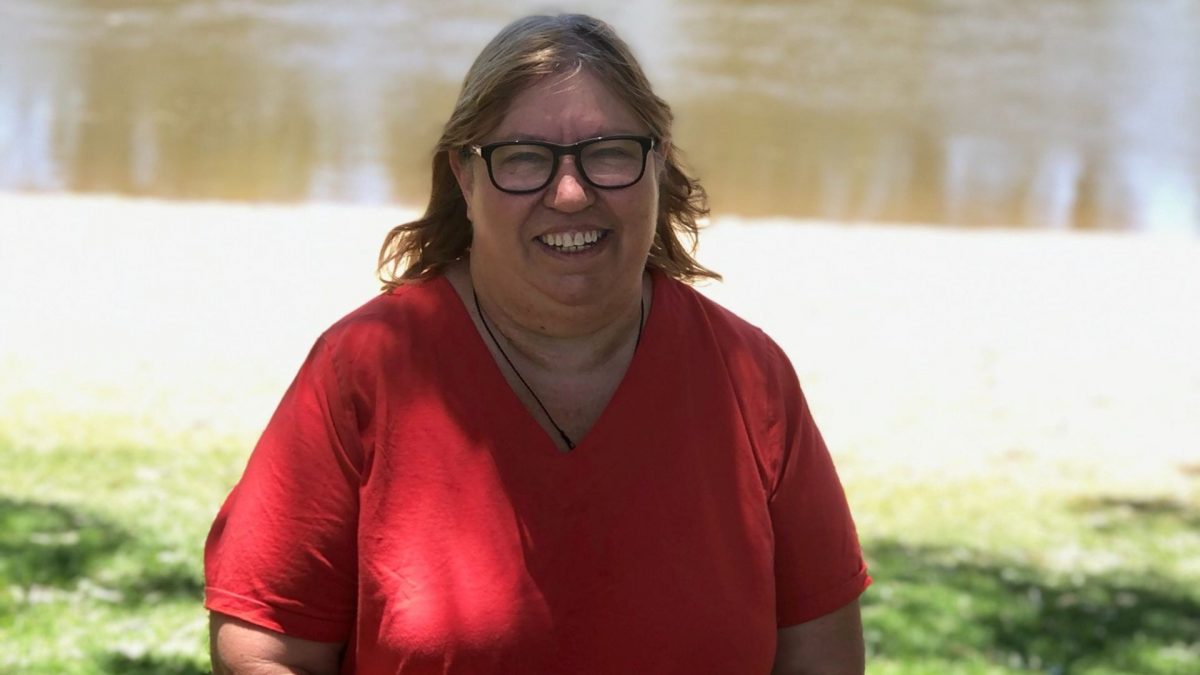
CSU professor Susan Green says Australians are beginning to listen to First Nations people. Photo: Charles Sturt University.
According to Professor Green people like Uncle Stan Grant, who pioneered the Wiradjuri language course at CSU, had been correcting people for years.
“Even from a young boy of six or seven he was correcting school teachers and other people. His parents and grandparents had also been correcting people,” she explains.
“As language is being revived, people are becoming more accepting. They’re more prepared to listen to people about their language and acknowledge that non-Indigenous people sometimes got it wrong.”
So how did so many get it so wrong for so long?
“In Wiradjuri, how you pronounce words is extremely different,” she says.
“What’s happened is when people in the early periods, and in this particular case [Wagga founder, Henry] Baylis, was hearing people talk, he was miss-hearing and trying to translate things into English.”
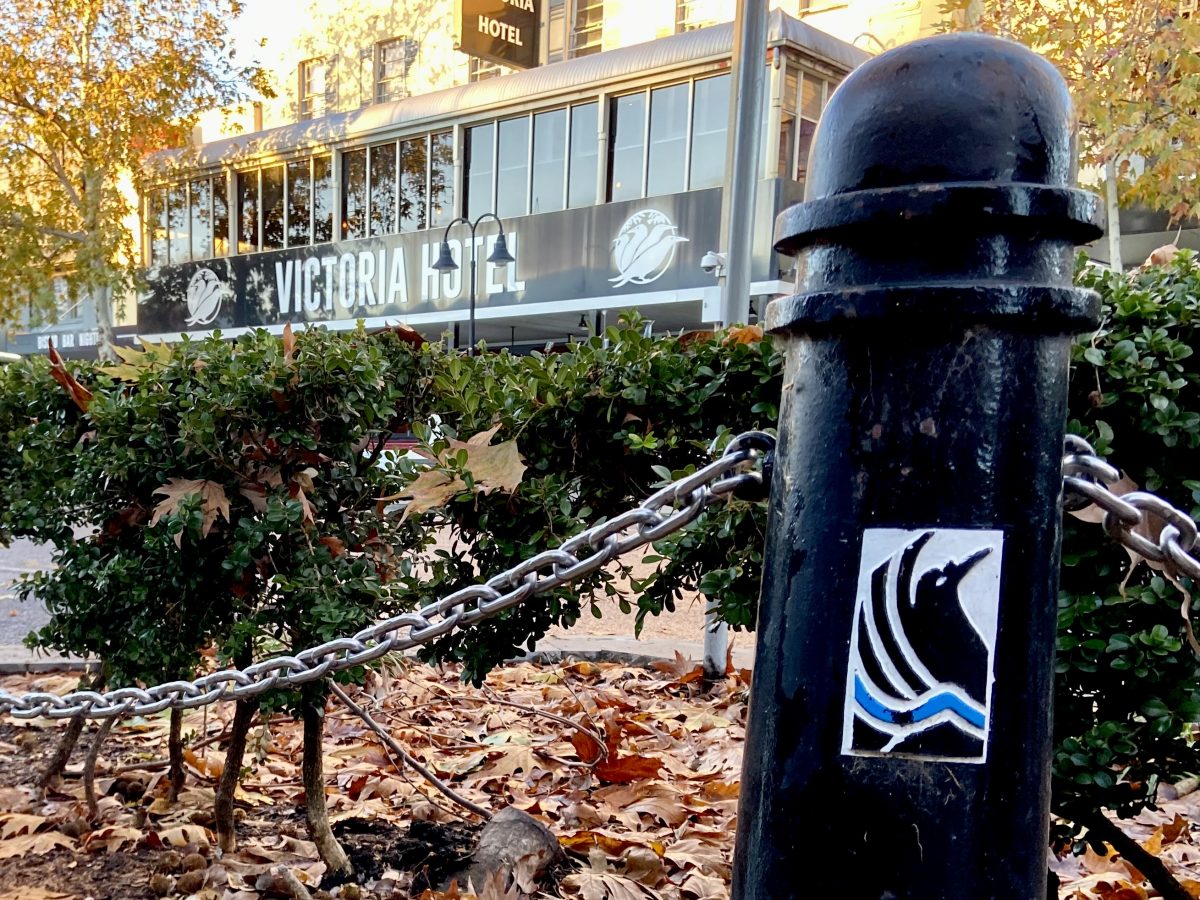
Wagga City Council and local businesses like the Victoria Hotel use the crow in their logo. Photo: Chris Roe.
The Wiradjuri word for crow is “Waagan”. The opening vowels are stretched out like the cawing sound the bird makes.
Professor Green says what the tribesmen were saying was not “Waagan Waagan” but “Waga Waga” – pronounced with a sharp “g” and short vowel sounds rather than the drawn-out “aa” used to describe a crow. But Baylis misunderstood what was being said, wrote it down and the rest is history.
“The single word ‘Waga’ is ‘dance’ and with the ‘Waga Waga’, it means a place of great celebration,” she says.
“And we do know that this area had large corroborees up until 150 years ago.”
Professor Green says there was some initial pushback, but people are gaining awareness and adjusting to the change.
“We haven’t gone hard and fast. We’ve changed the meaning but it’s just been a gradual thing,” she says.
“The Wiradjuri way of doing things is that you do things respectfully. Wherever there’s an opportunity to speak about it, we take it so that we’re educating people along the way, rather than hitting people over the head and forcing them to move on.”
She says interest in learning the Wiradjuri language continues to increase with large numbers of both Indigenous and non-Indigenous people enrolling in the CSU courses.
“The fact that we have moved to a place where people want to know and engage, it’s just incredible to be alive at this point of history,” she says.







